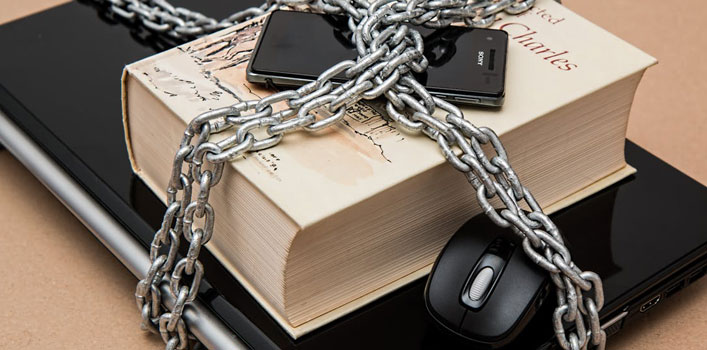Security is such an important factor of every day life that an annual day of recognition for has been established. Given the state of security and the advent of hackers and cybercrime in recent history, one would think that this occasion had been established as a direct response.
The fact is, Computer Security Day is just shy of its 30th birthday. It was started in 1988 as the use of computers and its inherent security risks were on the rise. Computers were not yet commonplace in homes but their use in government and business was increasing at record pace. This was creating more opportunities for hackers and criminals looking to seize information that agencies and businesses needed to protect.
Viruses and hacking have been around since the early days of computing. Applications and data were becoming increasingly sensitive and complicated. An awareness was needed in order to thwart the efforts of criminals who wished to gain access to this information. Those who did not practice safety, with respect to their computers and networks, were putting themselves at risk, much like today. As a result Computer Security Day was created to increase awareness of the risks.
What You Can Do to Protect Your Computer and Networks
The obvious steps to take are plenty. Backups, encryption, strong passwords, etc. are all integral aspects of network and data security. We have written many articles on such practices and encourage you to review them. You can also share this date with your colleagues, hop on social media and use the hashtag #computersecurityday, and help spread the word.
Here are but a few of many things you can do to to help stay secure:
- Backup your data
- Keep your software and operating systems up to date
- Encrypt your data
- Secure your backups in the cloud or at least an offsite location
- Be sure your antivirus software is up to date and running
- Implement firewall technology
- Use strong passwords
- Do not write down passwords
- Remove any unnecessary or unused programs
- Secure your wireless network
- Log out when not using your computer
- Periodically clean our your computer’s history and cache
- Stay aware of recent viruses and RansomWare
- Do not open or download any suspicious emails or attachments
For even more information on network and data security, download either of our FREE eBooks :
- Everything You Need to Know About Protecting Your Business with Managed IT Services
- The Top 10 Ways to Prevent Your Business from Being Hacked
- Small Business Network Security Risks: What You Need to Know
Should you have any questions or concerns regarding your security, don’t hesitate to contact us and speak with one of our security professionals.

